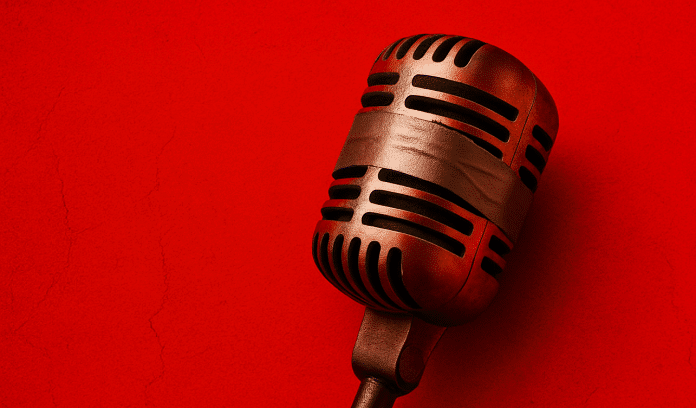Comedy dies first because it does what power fears most: it strips the powerful of dignity by making them laughable. If you let that light go out without fighting, you won’t just lose jokes. You’ll lose a central, stubborn way our society holds power to account.
Jimmy Kimmel is gone. Stephen Colbert is gone. Comedy that once served as public catharsis — the late-night roast of power — has been scrubbed from national airwaves. This didn’t happen by accident. It happened because a federal regulator, empowered and emboldened by a movement centered on Donald Trump, chose to turn oversight into a tool of intimidation.
Call it what it is: this is the middle phase of an authoritarian project, not the gentle warning signs. For months, the FCC under Chair Brendan Carr has moved from policy to punishment — opening investigations, threatening companies with regulatory pain, and making clear which voices will be tolerated. Networks and studios have responded the only way businesses often do: they cut the risk. They pulled shows. They self-censor. They teach their writers to avoid targets that might bring official heat.
This is not abstract theory. It landed the day after Constitution Day — a brutal irony. While the country was meant to celebrate free speech, the machinery of state power was busy making it disappear in practice. That juxtaposition should haunt every American who believes the First Amendment matters.
Those who defend these actions claim they are rooting out “bias” or protecting viewers. But what looks like “bias enforcement” in practice looks an awful lot like enforced conformity: a pattern of loyalty tests, regulatory threats, and economic pressure that teaches institutions to avoid dissent. Historians and press-freedom organizations warn us that this is the template of authoritarian consolidation — the slow narrowing of the public square until only sanctioned voices remain.
Let’s be blunt about responsibility. The engine driving this is political: Trump’s movement, its media ecosystem, and officials loyal to that agenda have normalized the idea that state levers should be used to punish critics. Whether you call it a cult of personality or fierce partisan mobilization, the result is the same — people in power using government institutions to neutralize opposition. The immediate targets are comedians and late-night shows; the next targets could be investigative reporters, local outlets, even ‘official’ election-monitoring groups.
And yes — that raises terrifying questions about our future elections. When regulators fine, threaten, or bully the media, the vital watchdog function that helps keep elections honest is weakened. When curriculum and civic norms are remade to reward loyalty over inquiry, the next generation becomes easier to pacify and harder to mobilize for real democratic accountability. Experts who track democratic backsliding warn that these are not wild hypotheticals but recognizable mechanics of consolidation.
If you think this won’t affect your ability to vote, think again. Erosion of independent media, paired with institutional capture and civic-education changes, is how fragile democracies enter the death spiral. The cure is not more resignation. It’s action — fast and public.
Here’s what to do now: demand transparency. Call your congressional representatives and demand hearings into FCC overreach. Support nonprofit newsrooms and press-freedom groups that document these abuses. Show up at school board meetings and demand curricular records if “loyalty classes” or partisan curricula are being introduced. Volunteer as an election worker. Talk to your neighbors and younger people about why independent media and civic education matter.
We have a choice. We can let one commission quietly remake the shape of our public conversation, one canceled program at a time. Or we can push back — loudly, legally, and politically — to preserve the messy, uncomfortable ecosystem that allows satire, dissent, and truth to survive.




